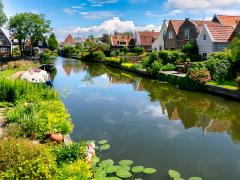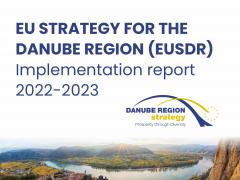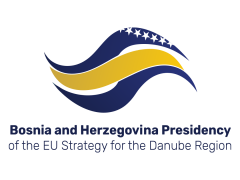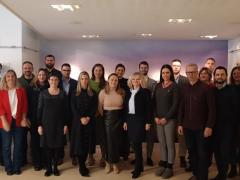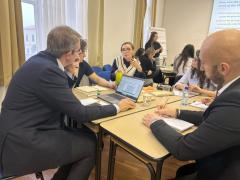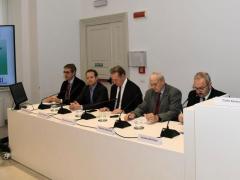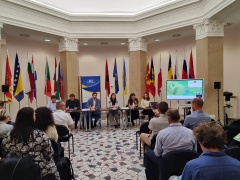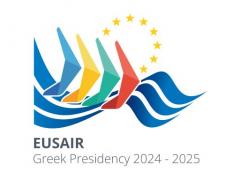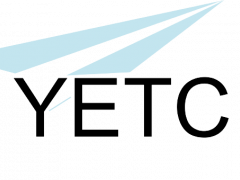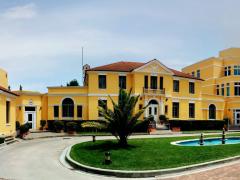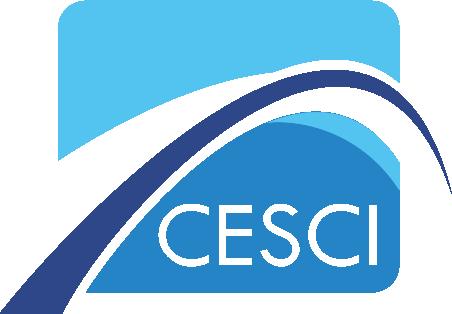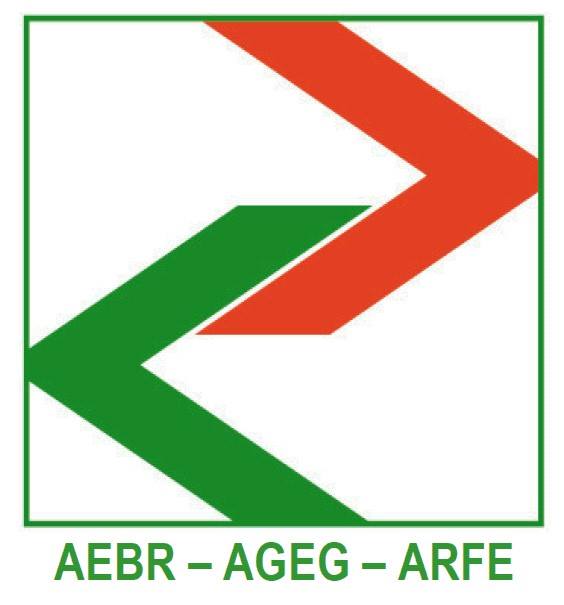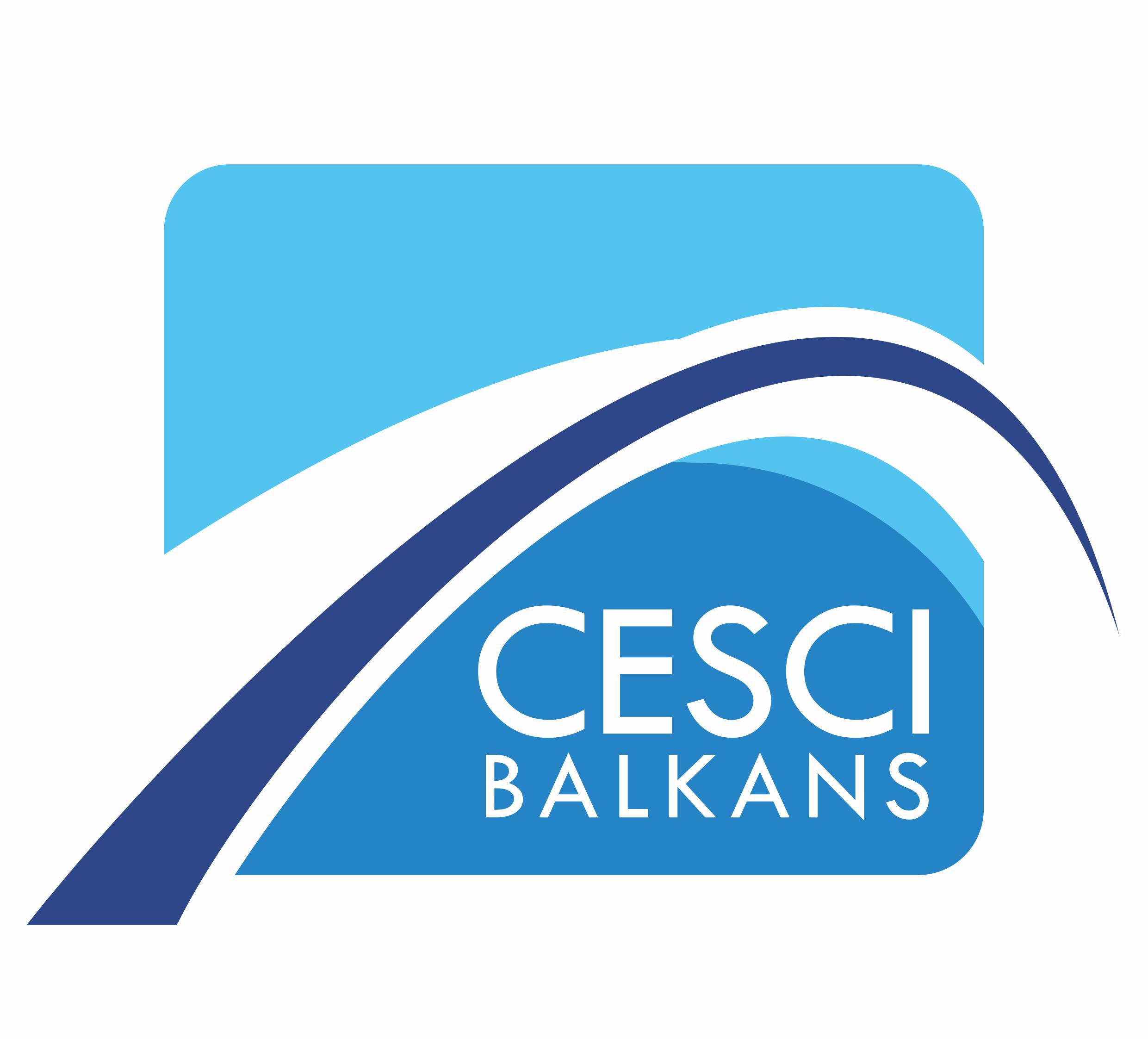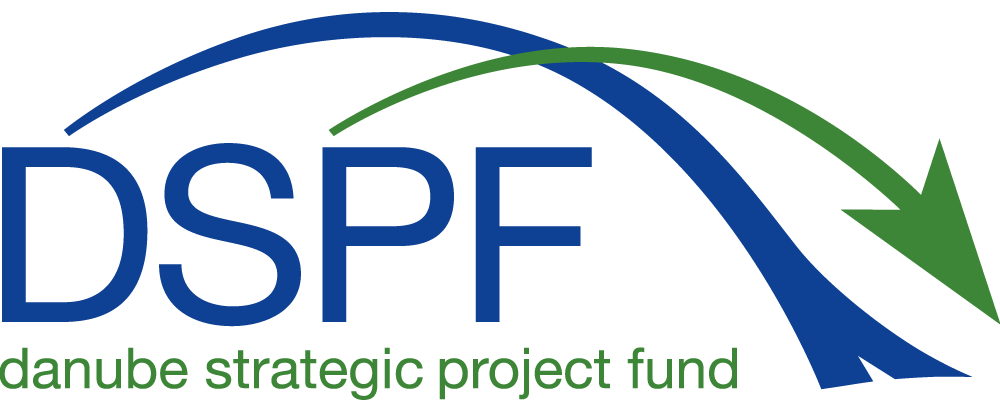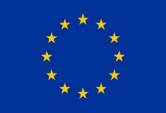News
News
On 22nd November, the first meeting of the Youth Council, an independent advisory body within the EU Strategy for the Adriatic-Ionian Region (EUSAIR), was held in Dubrovnik.
The workshop titled “Connecting the Adriatic-Ionian Region through Advanced Technology and Training for the Energy Transition in the Port Sector” was held in Trieste on 28th November 2024. It was organised collaboratively by the Central European Initiative (CEI) and the Friuli Venezia Giulia Autonomous Region, as part of the EUSAIR Pillar 2 “Connecting the Region” thematic events for 2024. The event featured contributions from Mr. Fabio Scoccimarro, the Councillor for Environment and Energy of Friuli Venezia Giulia, and Mr. Pierluigi Coppola, the Coordinator for Pillar 2 on Transport.

